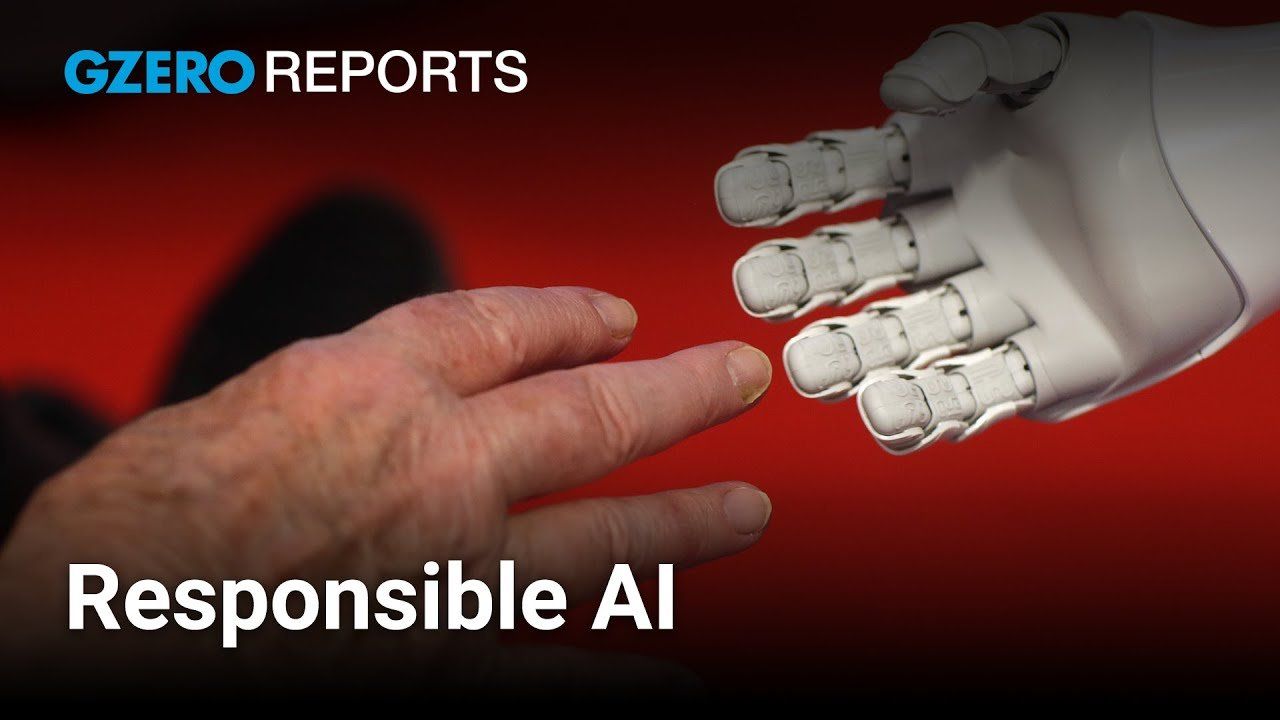
Mustafa Suleyman, a prominent voice in the AI landscape and CEO & co-founder of Inflection AI, contends that effective regulation transcends legal frameworks—it encompasses a culture of self-regulation and informed regulatory comprehension. Today's AI leaders exhibit a unique blend of optimism and caution, recognizing both the transformative potential and potential pitfalls of AI technologies. Suleyman underscores the paradigm shift compared to the era of social media dominance.
This time, AI leaders have been proactive in raising concerns and questions about the technology's impact. Balancing innovation's pace with prudent safeguards is the goal, acknowledging that through collective efforts, the benefits of AI can far outweigh its drawbacks. Suleyman highlights that advanced AI models are increasingly controllable and capable of producing desired, safe outputs. He encourages external oversight and welcomes regulation as a proactive and thoughtful measure. The message is clear: the path to harnessing AI's power lies in fostering a culture of responsible development and collaborative regulatory action.
Watch the full conversation: Governing AI Before It’s Too Late
Watch GZERO World with Ian Bremmer every week at gzeromedia.com/gzeroworld or on US public television. Check local listings.
- Podcast: Artificial intelligence new rules: Ian Bremmer and Mustafa Suleyman explain the AI power paradox ›
- How should artificial intelligence be governed? ›
- Making rules for AI … before it’s too late ›
- The AI power paradox: Rules for AI's power ›
- Is life better than ever for the human race? - GZERO Media ›
- AI and data regulation in 2023 play a key role in democracy - GZERO Media ›